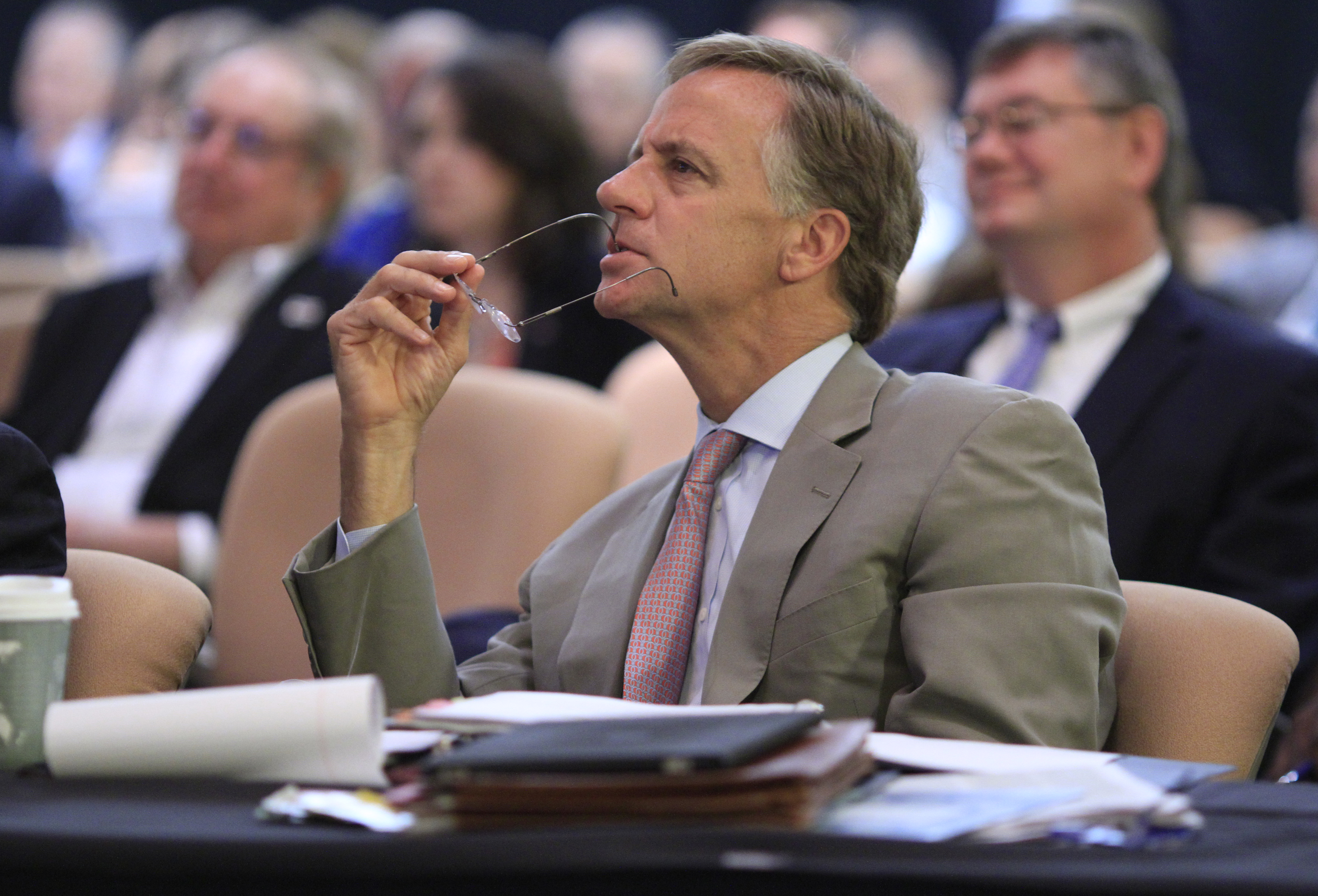NASHVILLE - If federal officials don't resolve the so-called fiscal cliff, the impact of tax hikes on consumer spending likely will hit sales-tax dependent states like Tennessee the hardest, a tax expert warned Wednesday.
Dr. Stan Chervin said that absent an agreement in Washington, D.C., the expiration of Bush-era tax cuts and newer payroll-tax reductions will leave Tennesseans with less cash in their pockets.
"So what are you going to do with less? You're probably going to spend less," Chervin said. "All those things are going to reduce take-home [money] if they go away, and that's what we use to buy stuff. And that's how we run the state."
About 54 cents of each state tax dollar comes from the state sales tax, which is among the highest in the nation. Unlike most states, Tennessee has no broad-based income tax.
Chervin outlined much the same scenario earlier to the Tennessee Advisory Commission on Intergovernmental Relations, where he is a senior research consultant.
Members of the commission include state lawmakers and local government officials.
Members spent a good part of their meeting listening to the expected impacts on Tennessee government if Democratic President Barack Obama and congressional Republicans can't agree on how to avoid automatic tax increases and spending cuts by January.
Both sides continued to posture in Washington on Wednesday, with Obama insisting on increases for the highest income earners while Republicans pushed for more spending cuts. Failure to reach a deal could send the country reeling back into recession, many political and fiscal experts have said.
Republican Gov. Bill Haslam's budget director, David Thurman, said the combined impact of cuts in federal dollars flowing to state government is now projected at "over $100 million" -- up from an $85 million figure cited earlier this month by the administration.
Federal Title I spending for low-income students would shrink by about $22 million and special education would see a similar cut, Thurman said.
Head Start, which promotes school readiness for low-income children, would lose $8.9 million. Funding for nutritional aid to low-income mothers and children up to age 5 also would lose some $8.9 million.
Middle Tennessee State University economist Reuben Kyle said the federal across-the-board cuts impacts Tennessee beyond state government operations. Defense Department spending in Tennessee, for example, would go down by an estimated $320 million.
Chervin said federal tax increases include boosts in capital gains rates from 15 percent to 20 percent, higher income tax rates and elimination of the 2 percent payroll tax reduction pushed by Obama. Add them all up and that's less money for most, he said.
"If you just follow the dominoes, yeah, less take-home [money], less retail sales, less sales tax -- boom, boom, boom," Chervin later told reporters. "So it is kind of scary."
